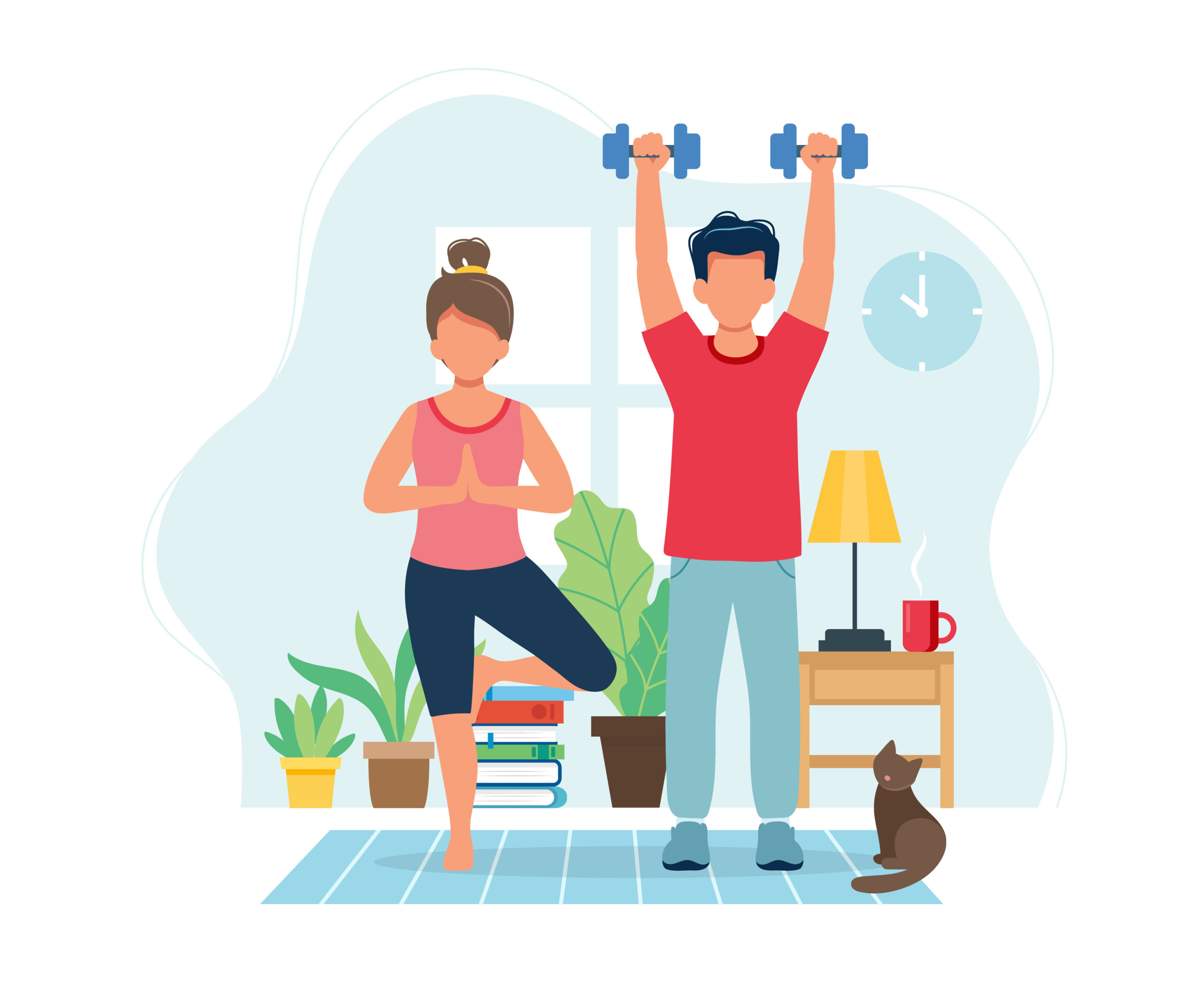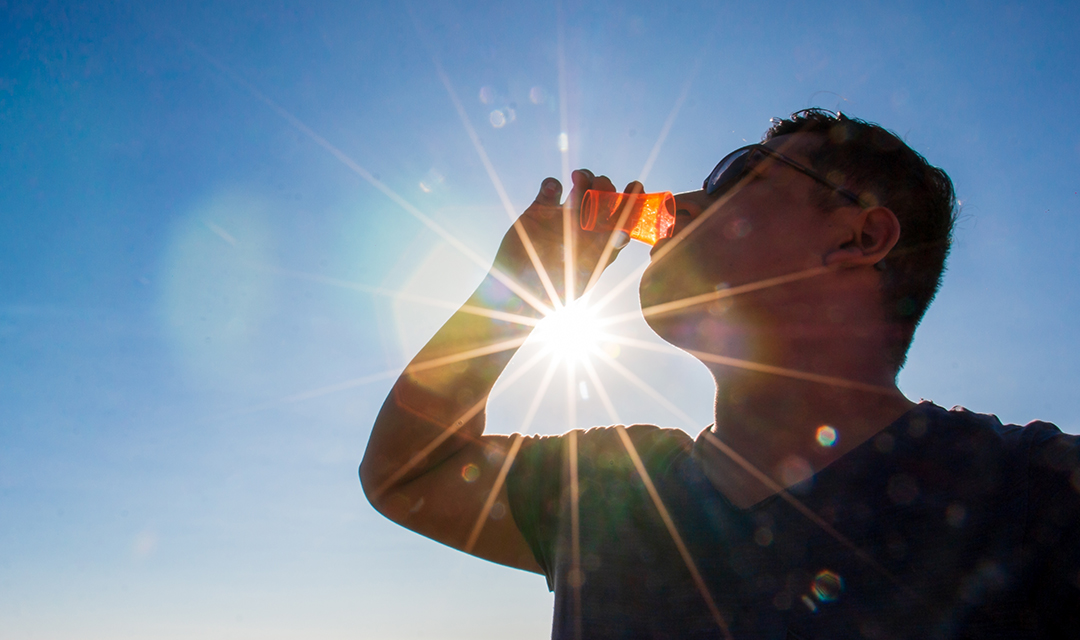Insight Behavioral Health – Are you experiencing more stress, anxiety, or fatigue lately? If so, you are not alone. With shorter days, cooler weather, school in full swing, and the holiday season fast approaching, millions of people are feeling the mental and physical effects of autumn anxiety. Similar to seasonal affective disorder (SAD), which is a type of depression related to changing seasons, autumn anxiety is often caused by changes in daylight hours and the body’s internal clock, as well as anticipation, stress, and overwhelming expectations as another year comes to an end. If you are experiencing feelings of sadness, irritability, changes in sleep patterns, and loss of interest in everyday activities, it is crucial to take proactive steps to address them. In addition to help from a mental health professional, there are many things you can do at home to cope with autumn anxiety. Here are six self-care ideas to improve your mental health this season.
Make Exercise a Priority

As the weather gets colder and we spend more time indoors, it can be challenging to stay active. But regular exercise is one of the best ways to manage anxiety. Whether you invest in a gym membership or take a 10-minute walk around your neighborhood, physical activity is a great way to both improve your health and take your mind off your worries. Plus, exercise also releases feel-good endorphins in the brain that can reduce symptoms of anxiety naturally.
Practice Mindfulness
Making mindfulness a daily practice is another crucial step in managing autumn anxiety. From meditation and breathing exercises to yoga and journaling, mindfulness helps us live in the present moment and pay attention to our thoughts, feelings, and emotions. One of the great things about mindfulness is there are no rules. Find something that works for you, make it part of your daily routine, and remember to be kind to yourself.
Eat Well

A balanced diet is essential for good health and nutrition. But did you know that what we eat also plays a big part in our mental health? Diets high in sugars, saturated and trans-fats, and processed foods can lead to stress, depression, and other symptoms associated with autumn anxiety. Foods for a healthy autumn diet include lean proteins like chicken and seafood, fruits and vegetables, legumes (beans), whole grains, and nuts are all recommended. The Centers for Disease Control and Prevention (CDC) has many helpful resources on healthy eating for all ages.
Get More Sunlight
The transition from long sunny summer days to the dark mornings and evenings of fall is difficult for many people. If you find lack of daylight is impacting your mood and causing fatigue, consider investing in a light therapy device. Although nothing beats exposure to natural sunlight, light therapy devices are an effective alternative to the real thing, with some even allowing you to wake up to a simulation of the sun rising in your bedroom while it is still pitch black outside.

Start a New Hobby
For some people, being cooped up inside during the chilly fall months can lead to feelings of loneliness, anxiety, and depression. If you’re looking for something to give you purpose this season, try getting involved in a new hobby or activity. Not only will this help you keep your mind busy, but you will have the opportunity to learn something new and meet new people with similar interests.
Embrace the Positives of Autumn
Even if autumn isn’t your favorite time of year, try focusing on some of the positives of the season. Whether it’s the beautiful changing leaves, decorating the house for halloween, getting together with family at Thanksgiving, or something as simple as a pumpkin spice latte or cozy evenings indoors, keeping a positive mindset will go a long way in helping you get through the fall months.

It’s normal to feel anxious or overwhelmed during seasonal transitions – especially in the fall. But if your symptoms are impacting your quality of life and personal relationships, it is important to reach out to a trusted friend, family member, or mental health professional to discuss how you are feeling and get the help you need. To learn more about our services at Insight Behavioral Health, including telehealth appointments, contact us today.
FAQ
Q: Can anxiety and depression cause physical symptoms?
A: Anxiety and depression often go hand-in-hand and can lead to a number of physical symptoms, including digestive issues, asthma/breathing problems, weight gain, chronic pain, and sleep problems.
Q: Can anxiety be cured?
A: Anxiety is a lifelong condition. Although there is no cure, anxiety is highly treatable with natural remedies, lifestyle changes, therapy, and medications.
Q: Does anxiety get worse with age?
A: Symptoms of anxiety tend to vary in intensity over a person’s lifetime, but it does not necessarily worsen with age. With the right treatment, most people can find relief and maintain a normal, productive life.

